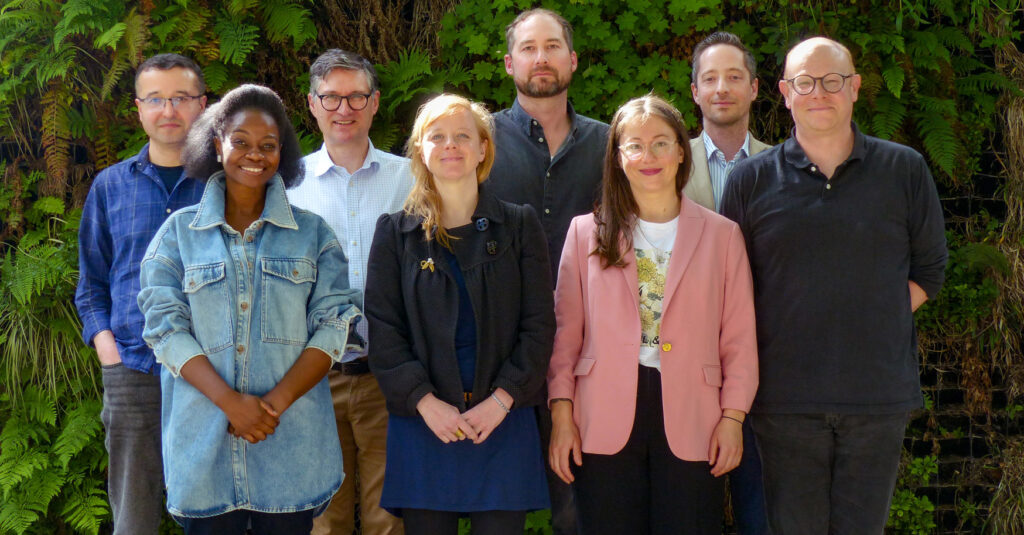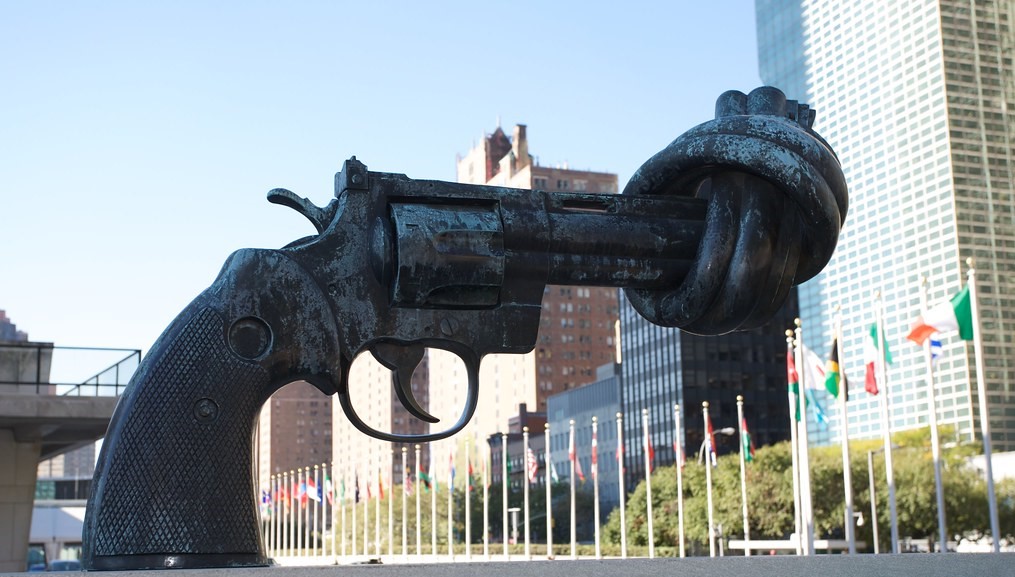Welcome to The Conflict Analysis Research Centre (CARC) at the University of Kent, the place for cutting-edge research and innovative solutions to conflicts worldwide.

Situated within the School of Politics and International Relations at the University of Kent, CARC boasts an interdisciplinary approach that transcends traditional boundaries, enabling us to tackle complex issues from citizen preferences in peace settlements to security sector reform and the legitimacy of political institutions post-war.
Our projects push the boundaries of understanding, challenging conventional wisdom and offering fresh insights into the nature of violent conflict and pathways to peace.
At CARC, our goals are:
- To produce world-class research in peace, conflict, security, and human rights;
- To forge impactful partnerships with policymakers and practitioners;
- And to cultivate a vibrant research community that nurtures the next generation of scholars and secures funding for groundbreaking initiatives.
Join us on our journey to transform conflict analysis and build a more peaceful world.
